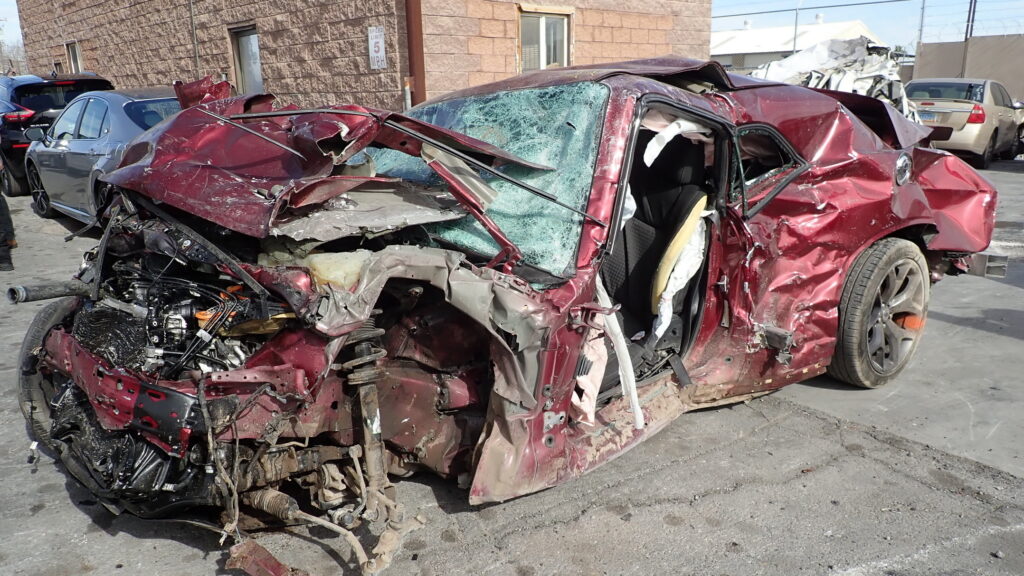On January 29th, 2022, the driver of a 2018 Dodge Charger blew through a red light and smashed into a Toyota Sienna. A total of nine people died including seven in the minivan and both occupants of the Charger. Now, the NTSB suggests that automakers install tech that inhibits a driver’s ability to speed.
The driver of that Dodge Charger was 59-year-old Gary Dean Robinson, a man with a history of speeding tickets. Incidentally, he also happened to have cocaine and phencyclidine in his system at the time of the crash. The NTSB also said that “systemic deficiencies, including routine plea agreements that alter or drop violations, inaccurate driver records, failure to accurately track citations, and delays in reporting convictions,” all played a role in the crash.
At the same time, the NTSB is pretty clear about using this tragedy as a way to gain approval for what it calls intelligent speed assistance systems. “We also found that an intelligent speed assistance (ISA) system that electronically limits the speed of the vehicle may have mitigated the severity of the North Las Vegas crash. Improving public acceptance of ISA systems and wider voluntary deployment, such as by automakers, will facilitate the advancement of a new motor vehicle safety standard on ISA.”
Read: Tesla Autopilot Exonerated In Fatal 2021 Texas Crash – Driver Intoxication And Speed Blamed
In more clear language, it’s hoping that people hear about how rough this accident was and think something along the lines of “yeah, we should make it impossible for people to speed.” These ISAs are GPS-enabled devices that can impose a number of measures to stop speeders.
At a minimum, the NTSB wants these devices to warn a driver that a vehicle is speeding. Such devices are already in many production cars as my colleague Chris Chilton can tell you from experience. At worst, these types of devices could put an artificial governor on a vehicle linked to the posted speed limit of the road it’s on.
While all of this sounds pretty wild, keep in mind that a lot would have to change for these measures to go into effect. The NTSB can’t impose these requirements, it simply has the ability to suggest them.
A number of organizations would also have to approve them. Some might even fight against such a change because like it or not, speeders offer revenue opportunities to so many different organizations. For instance, where would so many small counties get their speed ticket revenue from?




